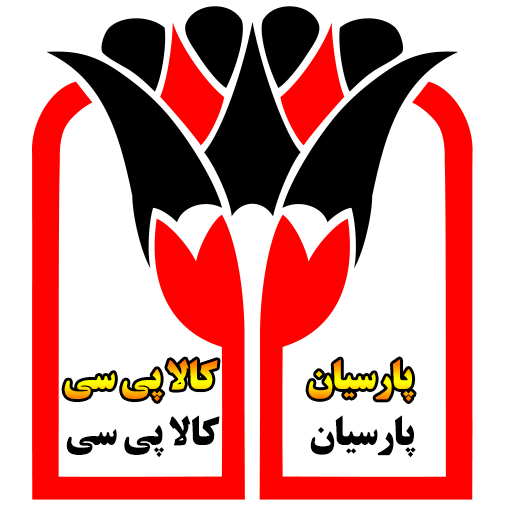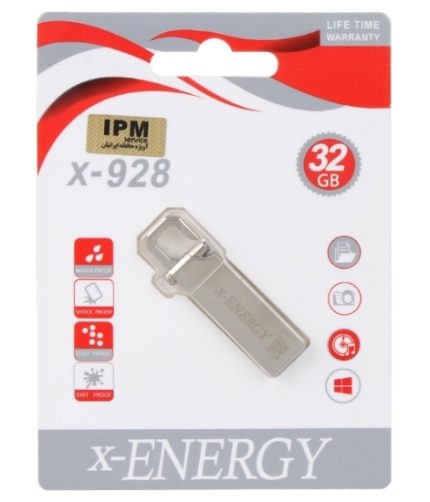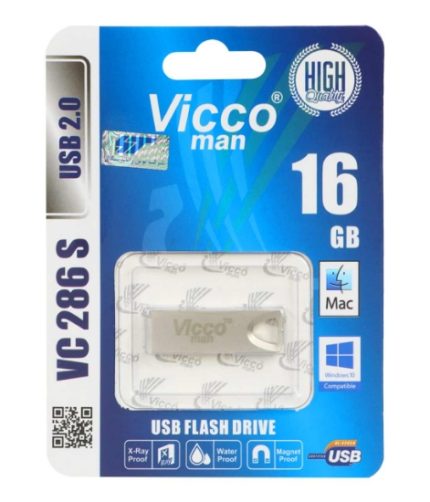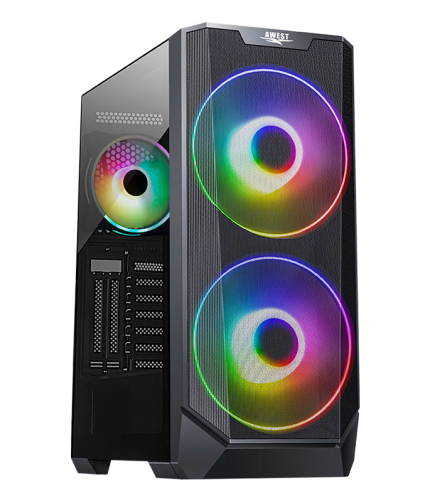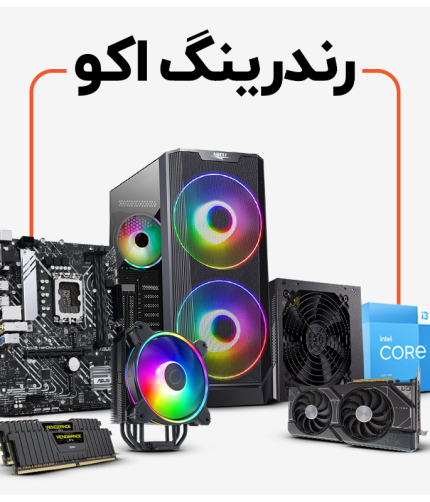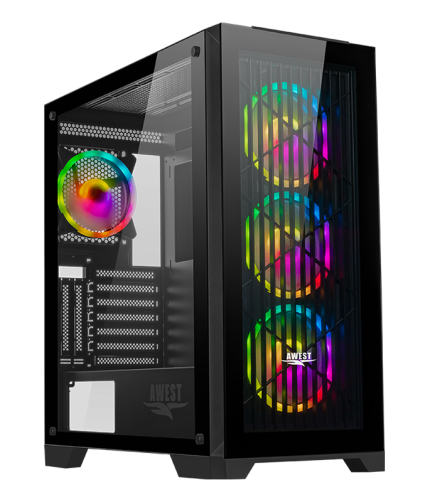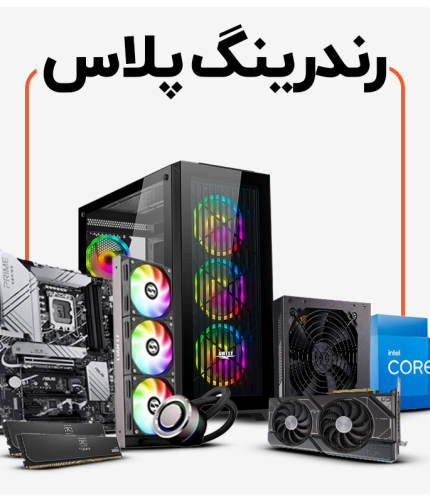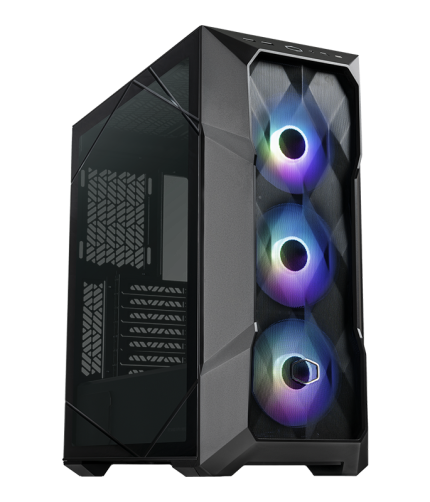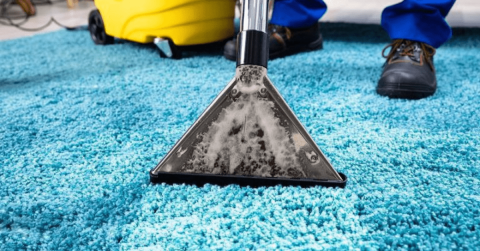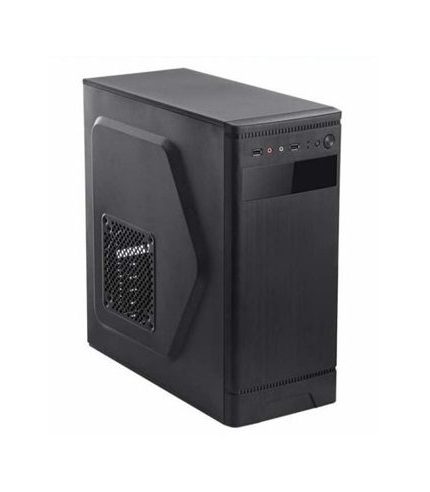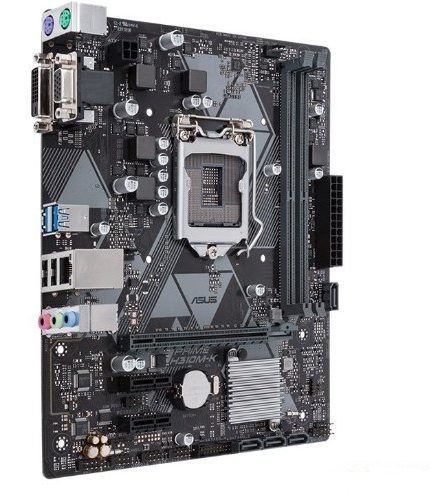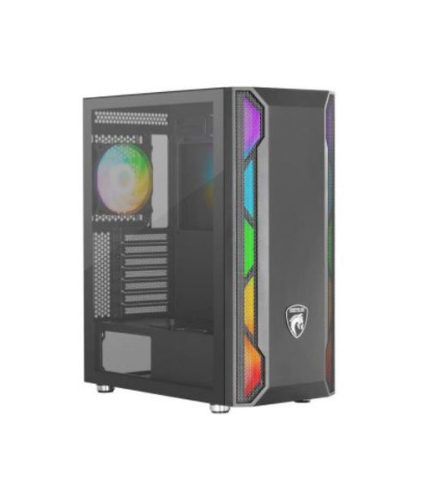Earlier than delving into repairs, it’s essential to understand the essential components of your air conditioner. Typically, an AC system includes an outside unit (condenser) and an indoor unit (evaporator). The condenser releases heat outside, while the evaporator cools the air inside. These parts work collectively with refrigerant, coils, fans, and filters to regulate temperature and humidity.
Common Air Conditioner Problems:
Poor Airflow: In case your AC is not blowing sufficient cold air, it might be on account of a clogged filter, blocked vents, or a malfunctioning fan. Frequently clean or replace filters and guarantee no obstructions hinder airflow.
Warm Air: When warm air comes out of your vents instead of cool air, it would possibly indicate points with the compressor, refrigerant levels, or ductwork leaks. A professional should examine and repair these points to prevent additional damage.
Strange Noises: Banging, rattling, or squealing noises can signal loose components, worn-out belts, or motor issues. Ignoring these sounds can lead to major breakdowns. Turn off the unit and seek professional help to diagnose and fix the problem.
Water Leaks: Leaking water round your AC unit suggests a clogged condensate drain or frozen evaporator coils. Cleaning the drain line and making certain proper insulation can resolve these issues.
Faulty Thermostat: In case your AC fails to turn on or off on the desired temperature, the thermostat is likely to be faulty. Replace the batteries or recalibrate the thermostat to restore functionality.
DIY Air Conditioner Repairs:
While some AC problems require professional intervention, you possibly can troubleshoot and repair minor issues yourself.
Cleaning: Commonly clean the condenser and evaporator coils, fan blades, and filters to stop dust and particles buildup, which can impede airflow and efficiency.
Replacing Filters: Dirty filters limit airflow and strain the system, leading to inefficiency and breakdowns. Replace or clean filters each 1-three months, depending on usage.
Checking Ductwork: Inspect ducts for leaks, gaps, or blockages. Seal any leaks with duct tape or mastic sealant and guarantee no furniture or objects impede airflow.
Inspecting Wiring: Turn off the facility and visually inspect wiring for signs of wear, damage, or loose connections. Replace damaged wires and tighten connections to prevent electrical issues.
When to Call a Professional:
While DIY repairs can address minor issues, certain problems require the experience of a licensed HVAC technician.
Refrigerant Leaks: Dealing with refrigerant requires specialized training and equipment. If you happen to suspect a leak, contact a professional to locate and repair it.
Compressor Issues: The compressor is the heart of your AC system, and repairing or changing it demands professional expertise.
Electrical Problems: Defective wiring or electrical components pose a safety hazard. Leave electrical repairs to qualified technicians to avoid accidents.
Conclusion:
A well-maintained air conditioner ensures comfort throughout hot summer time days. By understanding frequent AC problems and performing regular maintenance, you may prolong the lifespan of your unit and minimize repair costs. However, always prioritize safety and consult professionals for complex repairs to keep your house cool and comfortable throughout the year.
Should you loved this short article and you wish to receive details relating to ac repair baldwin al kindly visit the site.
